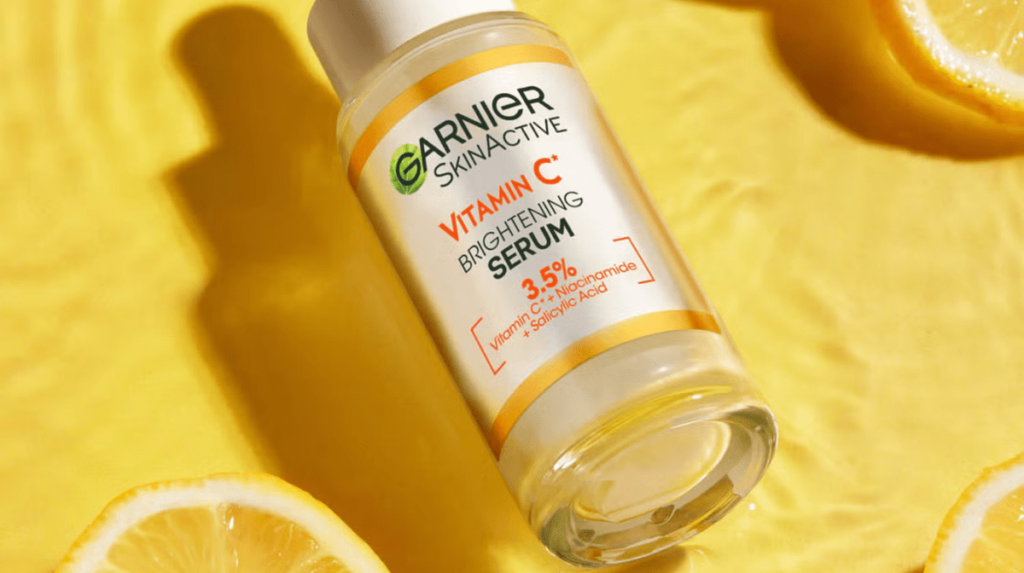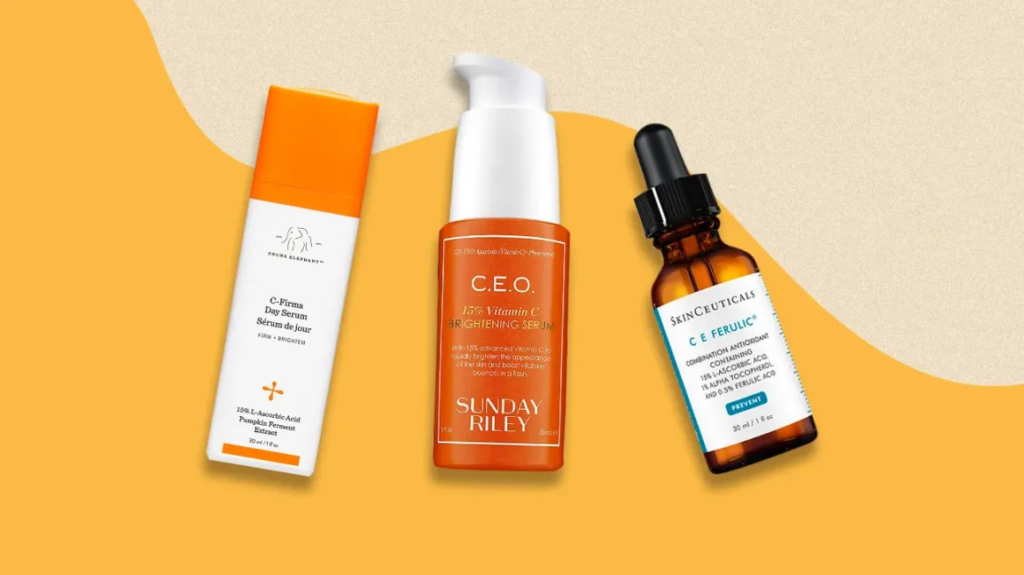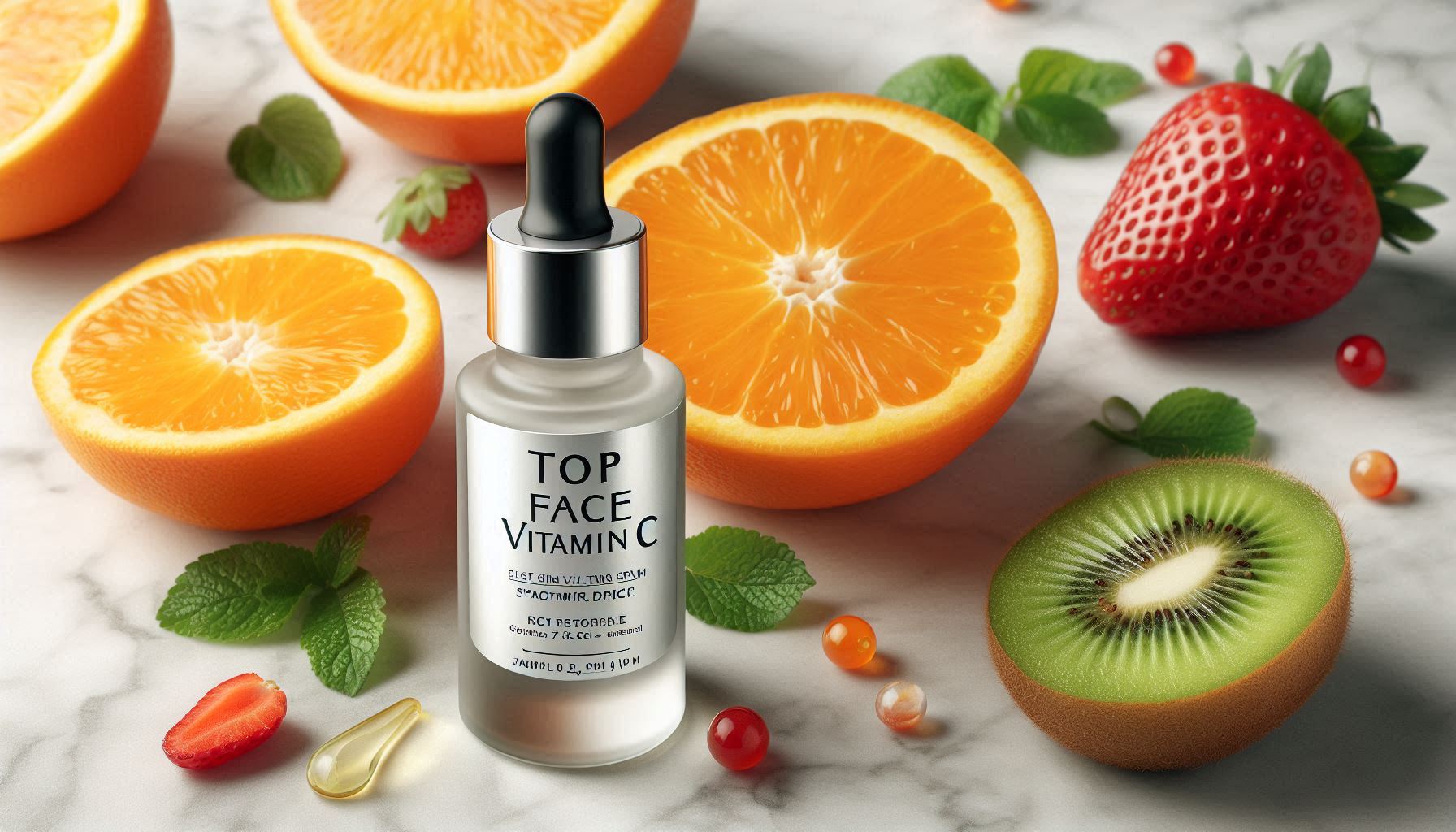Introduction
Skincare has become more than just a daily routine; it’s an essential part of self-care. Among the plethora of products available, Vitamin C serum has emerged as a star player. But why is Vitamin C serum so vital for your face? In this article, we’ll dive deep into the benefits of Vitamin C serum, how to choose the best one for your skin, and tips to maximize its effects.
What is Vitamin C Serum?
Vitamin C serum is a skincare product that contains a high concentration of Vitamin C, a potent antioxidant. It’s known for its ability to brighten the skin, reduce signs of aging, and protect against environmental damage. Available in various forms, Vitamin C in serums is usually found as L-ascorbic acid, which is the most effective form for topical application.
Benefits of Using Vitamin C Serum on Your Face
Brightening the Skin
Vitamin C is renowned for its ability to lighten dark spots and enhance overall skin radiance. It inhibits melanin production, which helps to even out your skin tone.
Reducing Hyperpigmentation
Hyperpigmentation, such as age spots or acne scars, can be stubborn. Vitamin C works wonders in fading these spots over time by accelerating the skin’s natural regeneration process.
Boosting Collagen Production
Collagen is essential for youthful-looking skin. Vitamin C plays a key role in collagen synthesis, helping to reduce wrinkles and fine lines.
Protection Against Sun Damage
Though not a sunscreen, Vitamin C can protect your skin from the sun’s harmful rays. Its antioxidant properties neutralize free radicals, preventing damage caused by UV exposure.
Hydrating the Skin
Vitamin C serums often contain additional hydrating ingredients, ensuring that your skin remains supple and moisturized.

How to Choose the Best Vitamin C Serum for Your Face
Skin Type Consideration
Different skin types have different needs. For sensitive skin, look for serums with lower concentrations of Vitamin C (around 10%), while oily or acne-prone skin may benefit from higher concentrations (15%-20%).
Concentration of Vitamin C
The effectiveness of a Vitamin C serum largely depends on its concentration. A concentration of 10% to 20% is considered optimal for most skin types.
Additional Ingredients to Look For
To enhance the benefits of Vitamin C, look for serums that include other powerful ingredients like hyaluronic acid, Vitamin E, and ferulic acid.
Packaging and Storage
Vitamin C is sensitive to light and air. Choose serums that come in dark glass bottles or air-tight pumps to maintain their potency.
Top Ingredients to Pair with Vitamin C Serum
Hyaluronic Acid
Hyaluronic acid is a moisture magnet, making it an excellent pairing with Vitamin C for hydrated, plump skin.
Vitamin E
Vitamin E complements Vitamin C by enhancing its antioxidant effects and providing extra nourishment to the skin.
Ferulic Acid
When combined with Vitamin C, ferulic acid boosts its stability and effectiveness, offering enhanced protection against environmental stressors.
Niacinamide
Niacinamide, or Vitamin B3, helps to calm inflammation and reduce redness, making it a great addition to a Vitamin C serum for sensitive skin.
Top 5 Vitamin C Serums on the Market
Serum 1: [Brand Name]
A potent serum with 20% Vitamin C concentration, perfect for those looking to brighten their complexion.
Serum 2: [Brand Name]
This serum combines Vitamin C with hyaluronic acid for maximum hydration and anti-aging benefits.
Serum 3: [Brand Name]
Ideal for sensitive skin, this serum contains a gentle 10% Vitamin C along with soothing botanical extracts.
Serum 4: [Brand Name]
A luxurious option with added ferulic acid, offering unparalleled antioxidant protection.
Serum 5: [Brand Name]
An affordable yet effective choice, this serum features a blend of Vitamin C and niacinamide.

How to Apply Vitamin C Serum
Step-by-Step Application Guide
- Cleanse your face: Start with a clean slate.
- Apply toner: This helps to prepare your skin for better absorption.
- Dispense a few drops of serum: Apply it evenly across your face and neck.
- Moisturize: Lock in the serum with your favorite moisturizer.
- Apply sunscreen: If using in the morning, always follow with SPF.
Best Time to Apply
Vitamin C serum can be used both in the morning and at night. However, using it in the morning provides additional protection against environmental damage throughout the day.
Common Mistakes to Avoid
- Skipping SPF: Always use sunscreen after applying Vitamin C serum.
- Using too much: A few drops are enough; overuse can cause irritation.
- Not allowing time to absorb: Give your serum a few minutes to absorb before applying other products.
When to Expect Results
Short-Term Benefits
You might notice an instant glow after the first few uses, thanks to Vitamin C’s brightening effects.
Long-Term Results
Consistency is key. Most users see significant improvements in skin texture, tone, and elasticity within 4-6 weeks.
Potential Side Effects and Precautions
Possible Irritations
Some people may experience redness or a stinging sensation, especially with high concentrations of Vitamin C. Always start with a lower concentration if you’re new to Vitamin C serums.
How to Patch Test
Before full application, apply a small amount of the serum to your inner arm. Wait 24 hours to ensure no adverse reactions occur.
Who Should Avoid Vitamin C Serum
If you have extremely sensitive skin or are prone to allergies, consult with a dermatologist before using Vitamin C serum.
DIY Vitamin C Serum: Is It Worth Trying?
Pros and Cons of DIY Serums
While making your own Vitamin C serum can be cost-effective, it’s challenging to ensure the correct concentration and stability.
Simple DIY Recipe
For those interested in DIY, mix L-ascorbic acid powder with distilled water and a few drops of glycerin. However, be cautious with the potency and freshness of the ingredients.
Vitamin C Serum vs. Other Skincare Products
Comparison with Retinol
Vitamin C and retinol both target aging but work in different ways. Retinol speeds up cell turnover, while Vitamin C focuses on brightening and protecting.
